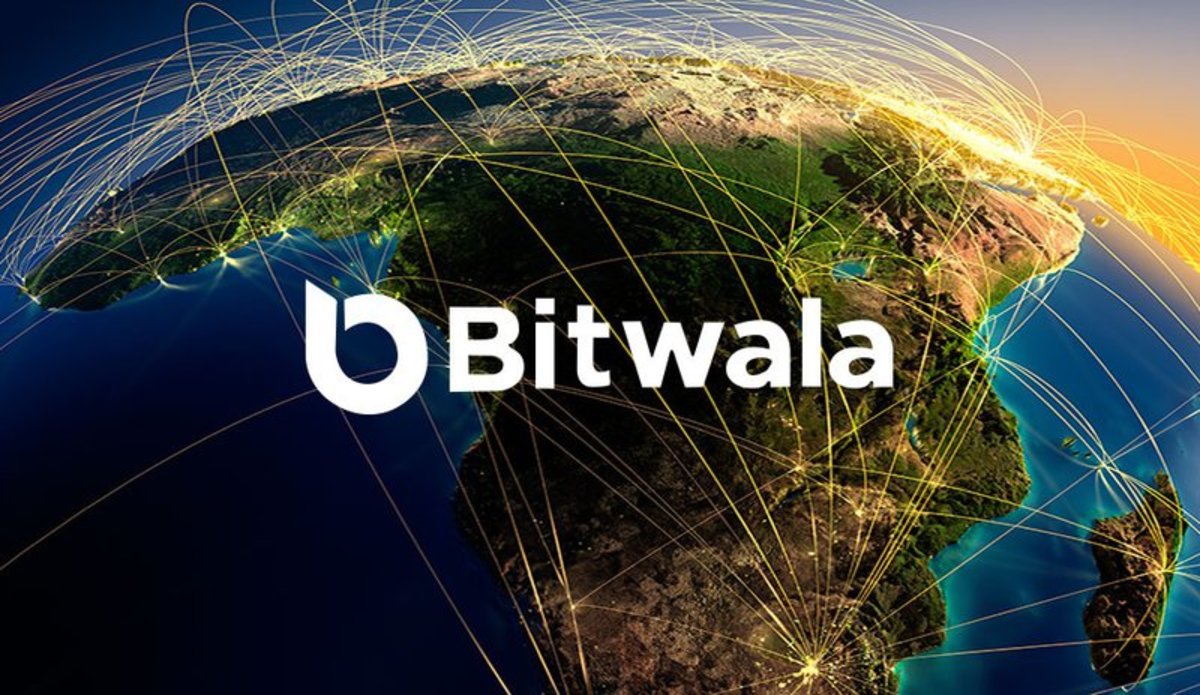
The Bitcoin network has seen a sharp increase in U.S. dollar denominated transaction fees and the average amount of time it takes for a transaction to receive its first confirmation over the past year due to blocks becoming increasingly full. While some have claimed these perceived issues are extremely detrimental to the adoption of Bitcoin in developing countries, Bitwala CEO Jörg von Minckwitz told Bitcoin Magazine that this is not necessarily true.
Bitwala is a Bitcoin-focused international money transfer startup that also aims to provide blockchain-based banking services that are accessible to anyone on any part of the planet.
According to Minckwitz, the changes in the Bitcoin network over the past year have not had much effect on the particular types of use cases that have become popular on the African continent. Bitwala as a company also likes Bitcoin as it exists today, although they believe off-chain solutions such as the lightning network are the right path forward in terms of future improvements to the network.
What Is Bitcoin Used for in Africa?
According to Minckwitz, North Africa is the most popular region of the continent when it comes to new signups and website visits; however, the Bitcoin startup is also seeing a daily rise in signups and generally increased interest from users in other areas.
According to data recently released by Bitwala, 30 percent of their new signups are coming from a combination of Africa and South East Asia.
“Bitcoin is also becoming very popular in Sub-Saharan and East Africa where it fills the need to serve underbanked communities and where the cryptocurrency steps in place of sometimes absent currencies,” Minckwitz said.
Minckwitz went on to claim that Bitwala has seen a lot of businesses, especially in Nigeria, that utilize bitcoin to provide bank-like services such as offering loans.
“Bitwala has emerged to fill the gap left by money transfer intermediaries and banks when it comes to cheaper and faster international transfers,” Minckwitz said. “Although we cannot tell for sure, judging by the amounts transferred, people in Africa are using Bitwala for sending money to friends and family, but business-like transactions are also on the rise.”
In a past interview with CoinJournal, Kenya-based fintech blogger Michael Kimani shared similar statements, noting the use of Bitcoin for filling the gaps between the various online payment systems in the country.
Bitcoin’s Network Congestion Not Causing Problems in Africa
When asked if Bitwala has been negatively affected by higher fees and longer confirmation times on the Bitcoin network, Minckwitz bluntly responded, “To be honest, no.
“We like Bitcoin as it is and we don’t see higher fees as a threat,” Minckwitz continued. “Higher fees make companies [optimize] their payment flows. Many transactions of a day-to-day life don’t need to be settled on chain. With higher fees, the spam (useless transactions) on chain gets reduced, which is in our opinion a good thing. Bitcoin was not meant to be a payment network. It is the value that the payment network should carry.”
Some in the Bitcoin community would dispute the claim that the P2P digital cash system was never meant to be a payment network. After all, the introduction of the Bitcoin white paper discusses the need for an “electronic payment system based on cryptographic proof instead of trust.”
Having said that, the earliest of adopters, such as cypherpunk Hal Finney, who received the first-ever bitcoin transaction from Satoshi Nakamoto, have also noted the digital commodity’s gold-esque properties, which could signify its importance as a store of value.
In Minckwitz’s view, the bigger Bitcoin companies should settle their bitcoin payments in a manner similar to how traditional banks work today, at least for now. “They calculate their debt or balance during the day and once a day they do one transfer instead of hundreds back and forth all day long,” he explained.
“I think it all comes down to the perspective,” Minckwitz continued. “When you take a look at the current system in Africa, it is way worse than Bitcoin’s transaction fees. When you transfer money to Africa with Bitcoin it is just a fraction of the amount you pay for companies that serve Africa at the moment.”
Minckwitz added that the use of bitcoin as a store of value in Africa should also not be forgotten. “Most countries in Africa have really unstable currencies, so sometimes they lose almost everything overnight,” he said. “We see Bitcoin as the first solution where they are in charge themselves.”
Scaling Bitcoin via Off-Chain Solutions
From Minckwitz’s perspective, the best path forward for scaling Bitcoin is through the use of off-chain solutions. In addition to having users improve the organization of their payment flows and the bank-esque settlement techniques mentioned previously, Minckwitz would like to see this process improved further through the adoption of Segregated Witness and the lightning network.
“It enables people [to] do transactions off chain during a certain time period,” Minckwitz said of the lightning network. “In the end of this period, there is one transaction on chain to rebalance the accounts. That is an infinite scalable solution and proven since it is in a similar way commonly used today in the banking system already, so I think that is the way to go.”










